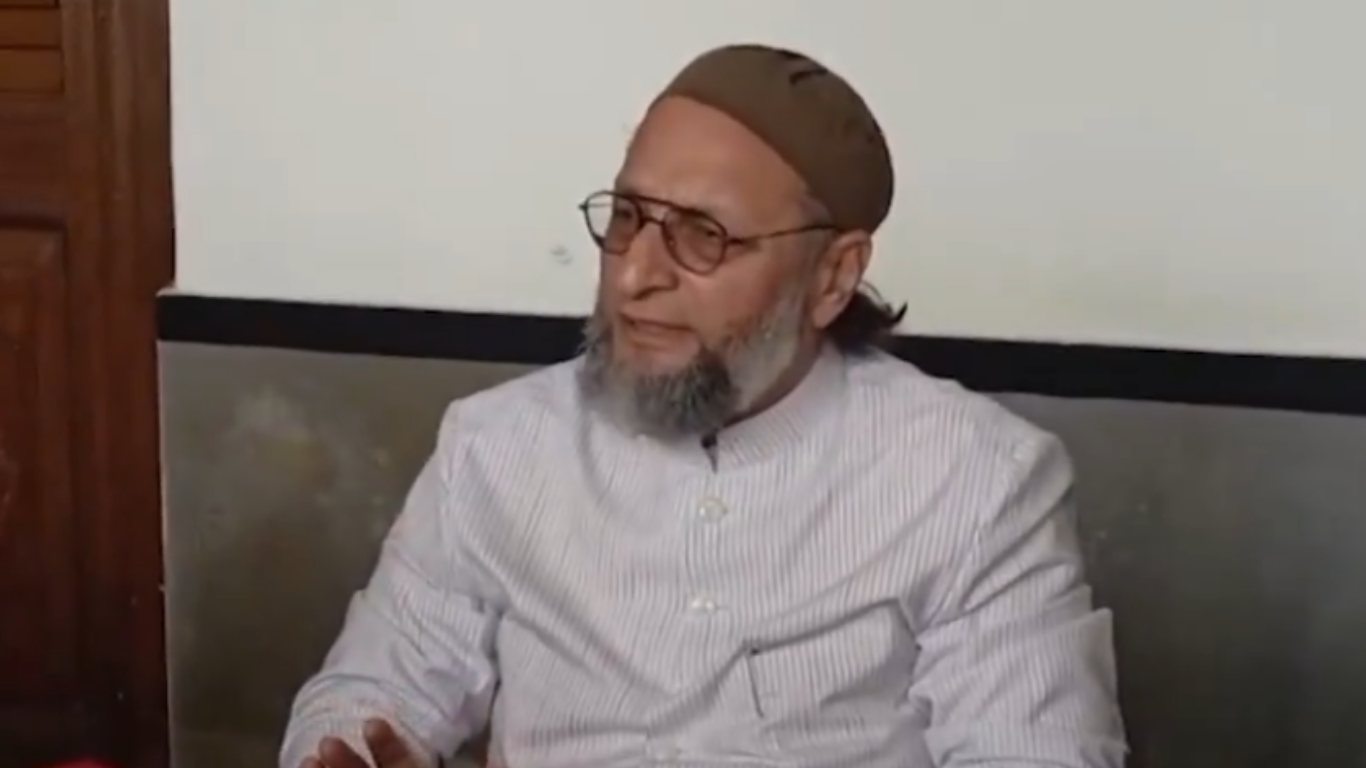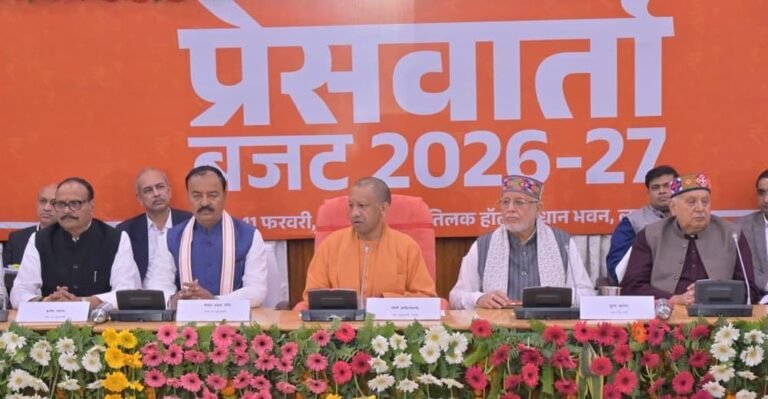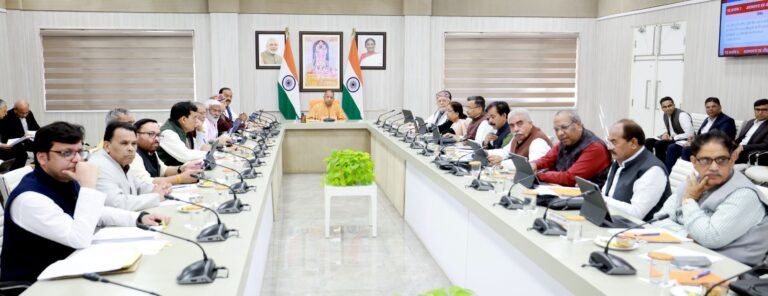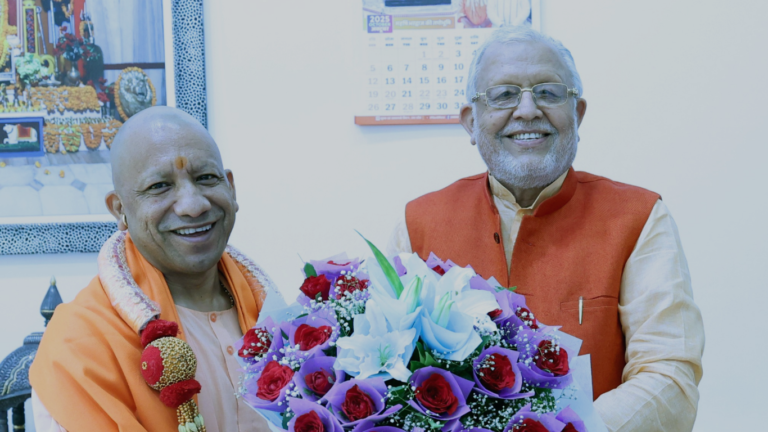
Bareilly, August 26, 2025 – A court in Bareilly, Uttar Pradesh, has dismissed a complaint seeking legal action against Asaduddin Owaisi, the Hyderabad MP and leader of the All India Majlis-e-Ittehadul Muslimeen (AIMIM), for his “Jai Palestine” remark during his Lok Sabha oath-taking ceremony. The decision, made by the MP/MLA court on August 14, has sparked discussions about free speech and parliamentary conduct in India.
The controversy began on June 25, when Owaisi, after taking his oath as a Lok Sabha MP, ended with the words, “Jai Bhim, Jai Meem, Jai Telangana, Jai Palestine.” The phrase “Jai Palestine” drew attention, with some praising it as a bold statement of solidarity with Palestine, while others criticized it as inappropriate for the parliamentary setting. A local lawyer, Virendra Pal Gupta, filed a petition claiming Owaisi’s remark disrespected the Constitution and violated the Prevention of Insults to National Honour Act, 1971.
The Bareilly MP/MLA court, presided over by Additional District Judge Devashish, rejected Gupta’s plea. The court noted that the Act specifies actions like burning or defacing the National Flag or Constitution as offenses, none of which applied to Owaisi’s statement. The judge also highlighted that India recognized Palestine as a state in 1988, suggesting the slogan did not undermine national interests. Additionally, the court pointed out that Owaisi’s remark was expunged from parliamentary records, reducing its official impact. The ruling emphasized that parliamentary privileges under Articles 105 and 194 of the Constitution protect MPs from certain legal actions, though not in cases like bribery.
The decision has stirred mixed reactions. Supporters of Owaisi argue that his words reflected his long-standing advocacy for Palestinian rights, especially amid the ongoing Israel-Palestine therapies conflict, which has claimed thousands of lives. “He was expressing a humanitarian stance,” said a local AIMIM supporter, Rizwan Ahmed. “The court’s ruling shows his words didn’t break any law.” Critics, however, feel such slogans in Parliament could set a precedent for mixing international issues with domestic politics. “Parliament is for India’s issues, not global slogans,” said a Bareilly resident.
Owaisi has not publicly commented on the court’s decision, but in June, he defended his remark, saying, “There’s nothing wrong with saying ‘Jai Palestine’ alongside other slogans.” This ruling closes one chapter of the controversy, but it raises broader questions about the boundaries of free expression in India’s Parliament. Legal experts suggest the case underscores the balance between free speech and parliamentary decorum. “MPs have the right to express views, but the context matters,” said a Delhi-based constitutional lawyer.
As debates continue, the Bareilly court’s ruling marks a significant moment in defining the limits of political expression in India’s democratic institutions. For now, Owaisi remains free from legal repercussions over his “Jai Palestine” slogan, but the conversation it sparked is far from over.



